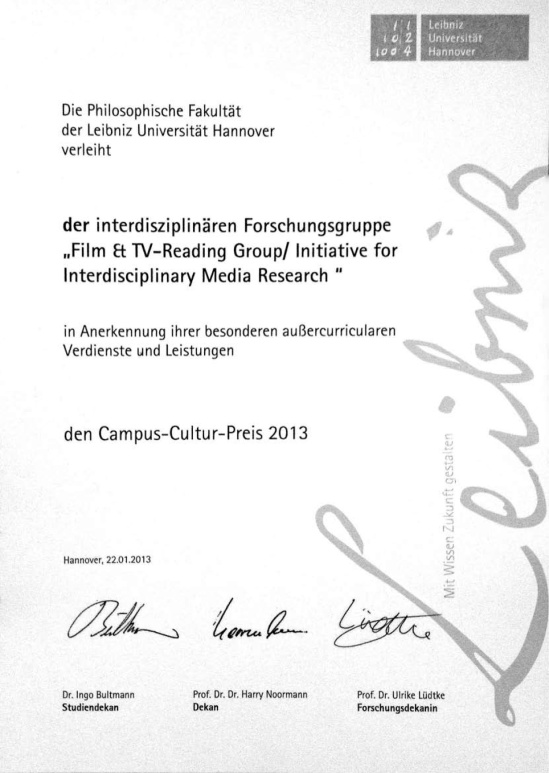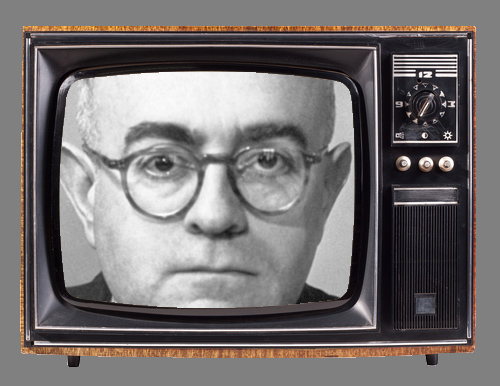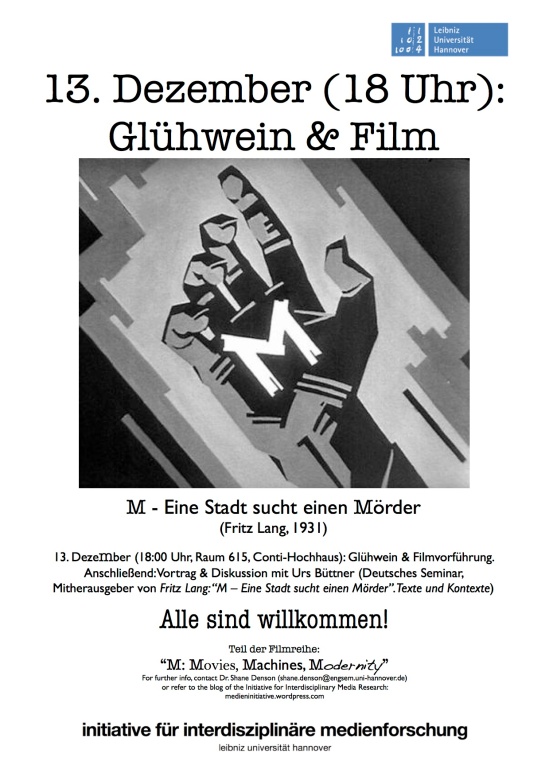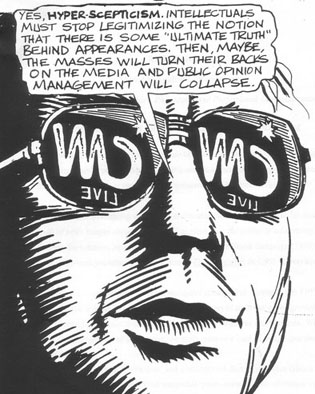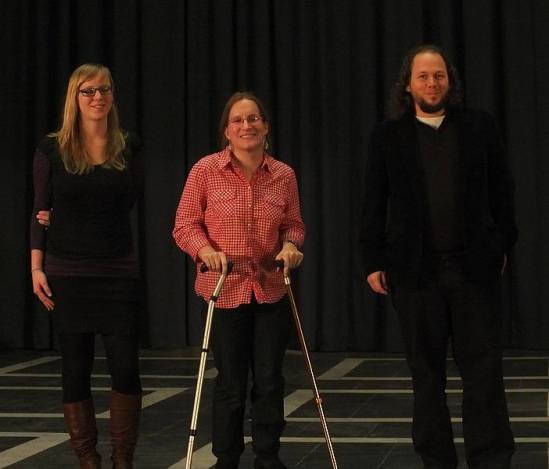
The Faculty of Humanities has posted a press release about the Campus-Cultur-Prize, along with this picture of Svenja Fehlhaber, Meike Walter, and myself, who were at the faculty’s graduation ceremony to receive it. Here’s the full text of the announcement:
Die Verabschiedung der diesjährigen Absolventinnen und Absolventen der Philosophischen Fakultät bildete den festlichen Rahmen für die Verleihung der Campus-Cultur-Preise 2012. Aus der Hand von Prof. Dr. Peter Nickl vom Vorstand dieses vor zehn Jahren gegründeten Vereins zur Förderung der Fakultätskultur der Geistes- und Sozialwissenschaften an unserer Universität empfingen die Vertreterinnen und Vertreter zweier Initiativen ihre Auszeichnungen.
Gewürdigt wurde zum einen die Arbeit von PraxisPur, einer von der Sonderpädagogik-Studentin Sophie Stenger ins Leben gerufenen Kooperationsinitiative von Studierenden und den Schulen Hannovers zur Förderung schwacher Schülerinnen und Schüler. Zielgruppe von PraxisPur sind Schülerinnen und Schüler, die aufgrund fehlenden Basiswissens Schwierigkeiten in der Schule haben und Unterstützung in ihrem individuellen Lernprozess insbesondere in den Fächern Deutsch und Mathematik benötigen. Statt herkömmlicher Nachhilfe erfolgt eine langfristige, auf den Schüler bzw. die Schülerin zugeschnittene Förderung von professioneller und reflexionsgestützter Seite. Ein Supervisions-Begleitseminar durch die Dozentin Urte Schell aus der Abteilung Pädagogik bei Lernbeeinträchtigungen fördert den Ansatz, Theorie und Praxis miteinander zu verknüpfen und Kompetenzen zu stärken.
Der zweite Campus-Cultur-Preis 2012 ging an die Film & TV Reading Group. Studierende, die an diesem extracurricularen Forum teilnehmen, treffen sich im Englischen Seminar, um Theorietexte, Filme und Fernsehmaterialien zu diskutieren, eigene Projektideen und Projekte zu entwickeln und interdisziplinär über aktuelle Trends und Ansätze der Medienwissenschaft ins Gespräch zu kommen. Seit mehreren Semestern wird die Lesegruppe flankiert von einer Filmreihe, die Klassiker der Filmgeschichte aus dem public domain-Bereich vorführt und zum gemeinsamen Schauen und Diskutieren dieser Filme einlädt. Auch diese Filmreihe wird von Studierenden hauptsächlich des Master of Advanced Anglophone Studies konzipiert und organisiert. Die Aktivitäten sind Teil der Initiative für interdisziplinäre Medienforschung, die von Dr. Shane Denson (American Studies) ausging und koordiniert wird. Die Initiative wendet sich vor allem an den akademischen Nachwuchs und die Studierenden der Fakultät.
